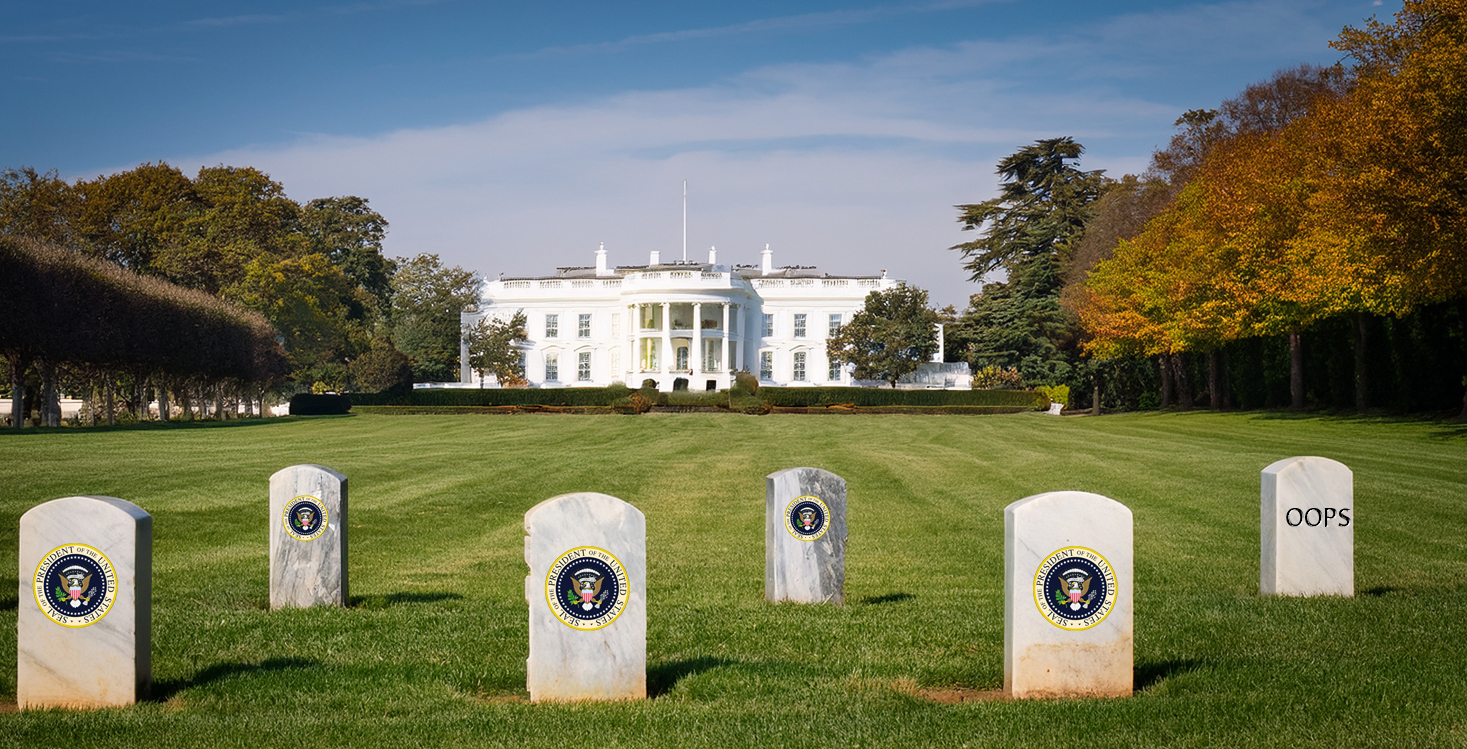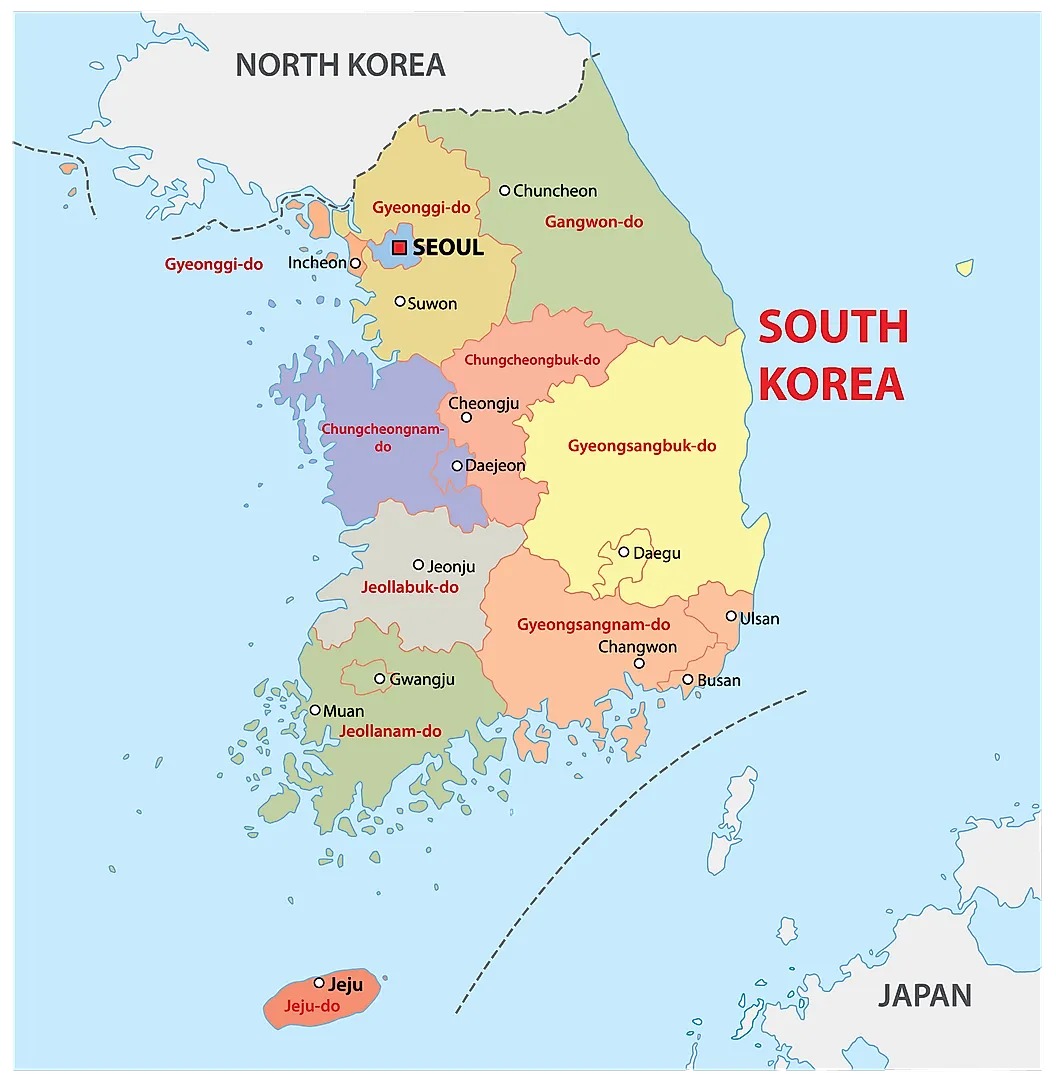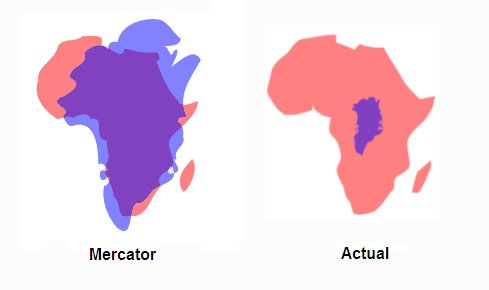
BEIJING — China has passed a law prohibiting its citizens from using fictitious names when posting comments on Internet news sites and blogs, according to Communications Minster Cheng Ho.
Cheng asserted that by eliminating user anonymity, the Chinese people can “interact more effectively with their leaders.”
“How can government respond to the needs of an individual,” asked Cheng, “if we cannot properly identify him?”
Chinese scholars are abuzz with dissention over the rule. Cheng Ho, a media instructor at Shanghai University, said he is “not thrilled” with the prospect of revealing his true identity every time he responds to a blog post.
Cheng said he “strongly disagrees” with the government, insisting that anonymity ensures freedom of expression.
“To use our real names,” explained Cheng, “is to be singled out by the authorities and severely mistreated.”
University sophomore Cheng Ho agreed, noting that anonymity is what he enjoys most about the Internet. “When I posted as ‘Happy Buddha,’ I could say anything I wanted,” noted Cheng. “Now if I leave a negative remark about the government, everyone will know that it came from ‘Cheng Ho.'”
It’s not just intellectuals who oppose the policy. In the southern China province of Guangdong, rice farmer Cheng Ho has developed a strategy for dealing with the issue. “I will refrain from posting on the Internet anything that is harmful to my leaders,” said Cheng. “That way, my real name will be of no use to them.”
The controversial legislation has stirred business owners, who fear customers will be paranoid about conducting any online transactions. “If leaving anonymous posts is the only way people will express their opinions, that’s fine with me,” said Cheng Ho, a Hong Kong florist, “as long as they give their real names when ordering from our website.”
Although the opposition is widespread, at least one voice has spoken out in support of the government.
Editor-in-chief Cheng Ho of the official Chinese News Agency Xinhua sees nothing wrong with the rule. “The government has a right to know who is talking about them,” wrote Cheng in a front-page editorial. “Using real names will help authorities accurately identify specific individuals who may need re-educating.”
But using false names on the Internet might also earn you a one-way trip to a re-education camp, declared Minister of Society Cheng Ho in a recent press conference. “It’s a very serious offense,” said Cheng. “If you do not tell us who you are, how will we find you?”
It seems that many Chinese, however, don’t want to be “found.”
China Free Internet, an underground organization whose mission is to promote digital freedom of expression through anonymity, issued a statement declaring its members will not be intimidated by the law. The organization’s Executive Director, who goes by the moniker “Cheng Ho” to avoid getting sent to a re-education facility, encouraged his members to exercise their right to use fake names, avatars and aliases whenever visiting a website.
“We will continue to speak out against the government’s invasion of our privacy,” declared Cheng, “and its desire to steal our individual identities.”



